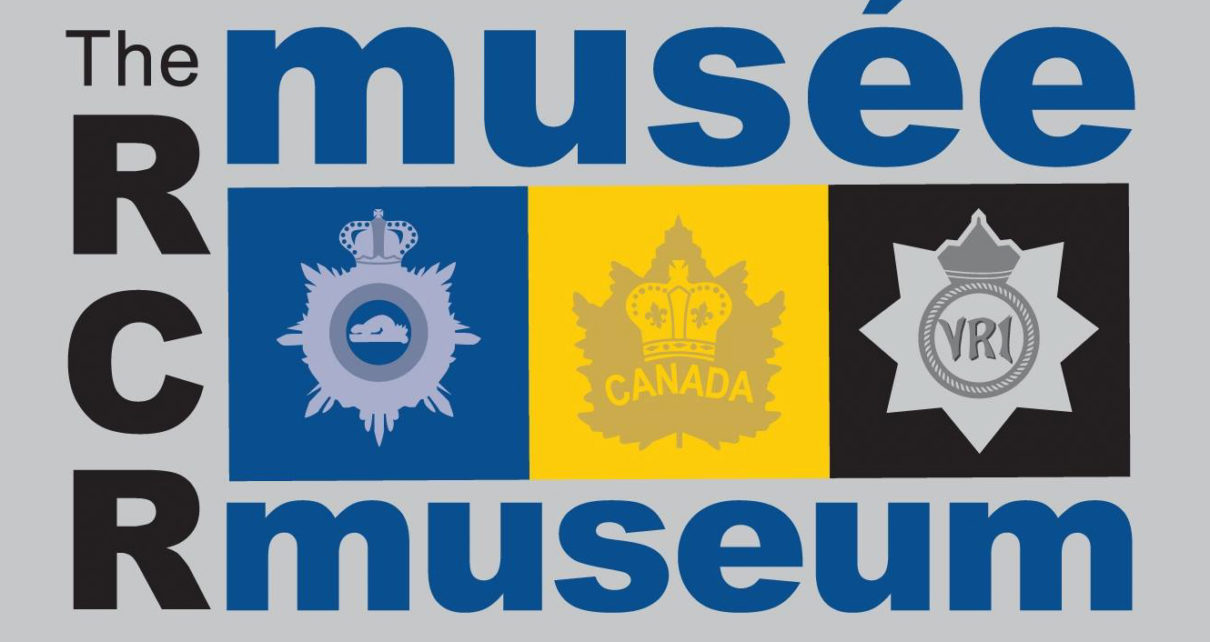Recorded during The RCR’s 140th anniversary year, the three episodes of season 4 highlight the Regiment in international and national military operations spanning from 1964 to 1995. An excellent opportunity to hear about how 1RCR trained for arctic conditions as part of ACE Mobile Force, or find out how “N” Company, 3RCR and “G” Company 2RCR answered to international commitments in Former Yugoslavia. We will also discuss the response to the call from civil powers in Ontario and Quebec, spring-summer 1990. Two of the episodes discuss NATO led operations, with Episode 1 featuring the deployment of “G” Coy, 2RCR under NATO-led IFOR during Canada’s UN Commitments in the 1990s and Episode 2 delving into NATO established ACE Mobile Force for rapid response along the northern and southern flanks of the Alliance.
Episode 1: Canada’s UN Commitments in the 1990s: The RCR in the Balkans
Panellists: Lieutenant-General (retired) Peter Devlin and Major-General (retired) Denis Thompson
This panel will focus on the deployment of “N” Coy, 3RCR under UNPROFOR and “G” Coy, 2RCR under IFOR. UNPROFOR was the multinational peacekeeping force established in 1992 to address the humanitarian crisis ensued in the Balkans after the dissolution of the Socialist Federal Republic of Yugoslavia. IFOR or Implementation Force was a NATO-led multinational peace enforcement in Bosnia and Herzegovina.
Episode 2: Canada and the Cold War: ACE Mobile Force (1960 – 2000)
Panellists: Major-General (retired) Walter Holmes and Colonel (retired) Sandy McQuarrie
In 1960, NATO established the Allied Command Europe Mobile Force (Land) (ACE Mobile Force Land or AMF(L)), a multi-national brigade designed for rapid response along the northern and the southern flanks of the Alliance. Beginning in 1964, Canada deployed one battalion to AMF(L), on a rotational basis between each of the infantry regiments in the regular force to receive winter warfare which training.
Author
-
The NATO Association of Canada (NAOC) strives to educate and engage Canadians about NATO and its goals of peace, prosperity and security. The NAOC ensures Canada has an informed citizenry able to participate in discussions about its role on the world stage.
View all posts

